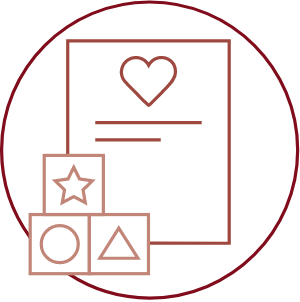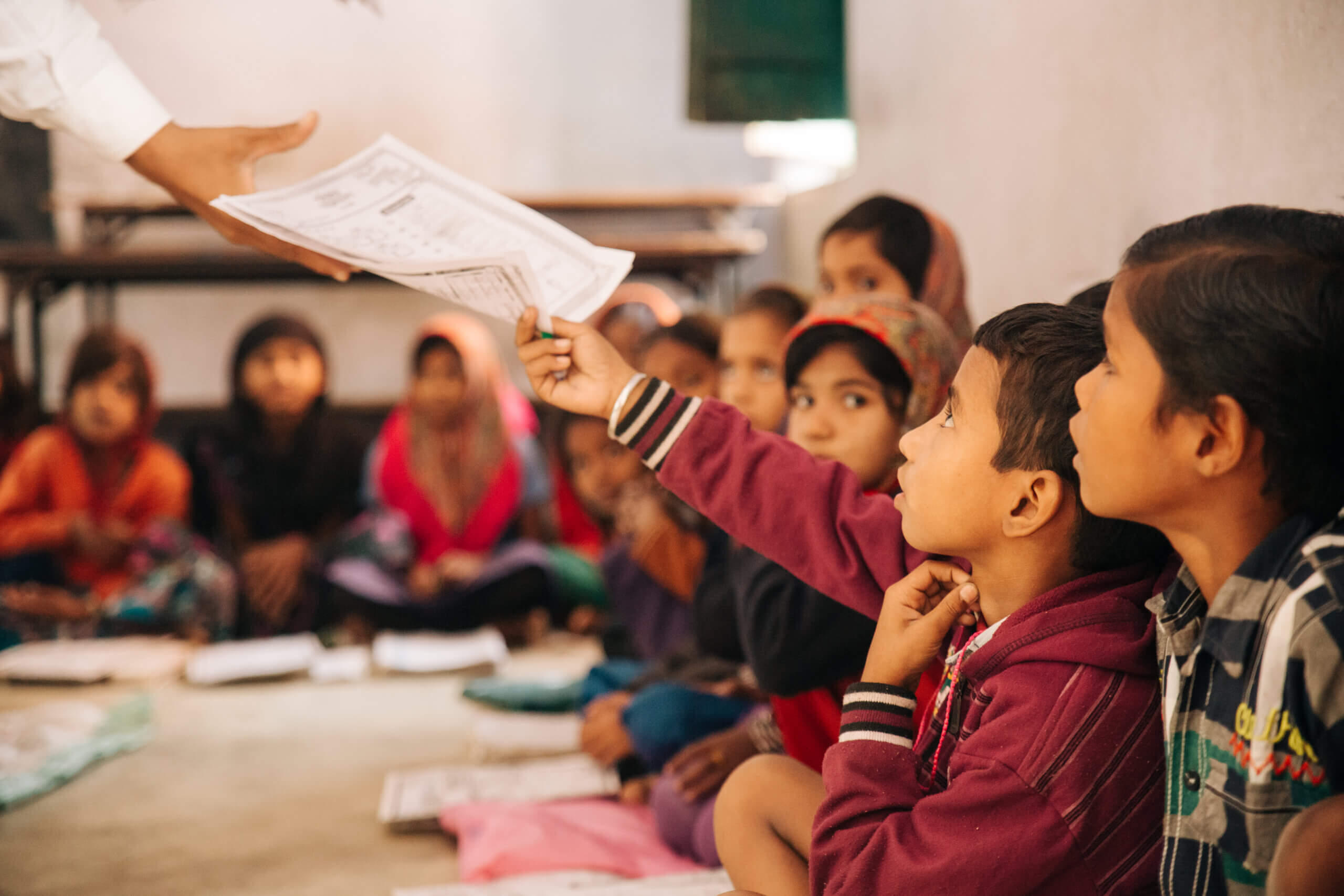Pratham
Evidence and efficiency help drive an early childhood learning program
Country
IndiaWebsite
pratham.orgThe Challenge
In India, more than 97% of primary-age children are enrolled in school—yet half of them reach fifth grade without gaining the ability read or write. Leading factors in their struggle to receive a meaningful education are a lack of effective classroom instruction and a failure to align educational practices with measurable outcomes.
The Approach
Pratham implements programs that improve school readiness for preschool children and foundational reading and math skills among primary-school children. Its model focuses both on improving the quality of classroom instruction and on regularly assessing educational outcomes. Educators can implement their programs at a very low cost and replicate them in a wide variety of settings.
Why We Invest
Pratham has built a model that has over time reached around 60 million Indian schoolchildren and youths. Rigorous evaluation of its programs has long been a central part of that model. Since 2001, Pratham has partnered with the founding members of the global research center J-PAL to create a large body of evidence on the efficacy of various education programs. Along the way, the organization has developed the ability to test new features, adjust program design, and improve outcomes.
Equally important to Pratham’s success is its disciplined approach to managing costs. To implement its programs, Pratham relies on a large network of volunteers: It recruits university students to help conduct an annual survey on the state of education in India; it enlists young adults to teach remedial programs; and it engages with mothers to introduce early childhood programming for their children. This army of volunteers may number 30,000 (or more) over the course of a year. (The Pratham team adapts its training work to meet the needs of volunteers with vastly different levels of education; it has even found a way to collaborate effectively with mothers who may be illiterate.) By leveraging a massive volunteer base, Pratham not only keeps program costs low but also maximizes engagement among community members.
Together, these two aspects of Pratham’s work—rigorous evidence that demonstrates improved learning outcomes and a low-cost delivery method—provide a strong basis for effective advocacy. Persuading governments to adopt its programs is the key to achieving large-scale impact, and Pratham has a proven ability to influence public policy both in India and elsewhere. As a testament to its efforts on that front, a growing number of countries in Africa (including Botswana, Cote d’Ivoire, Kenya, Madagascar, Niger, Nigeria, and Zambia) are now replicating the Pratham model.
A child colors in a workbook in an Anganwadi in Bihar.
Photo: Skoll Foundation/Gabriel Diamond
How We Partner
With King Philanthropies’ support, Pratham is working to improve its early childhood programming, which serves children in preschool and in first and second grades. In addition, Pratham will be working with children in primary grades to “catch up” and sustain foundational skills.
In partnership with J-PAL South Asia (another King Philanthropies grantee), Pratham is also investing in efforts to evaluate the impact and the cost-effectiveness of its early childhood programming.




